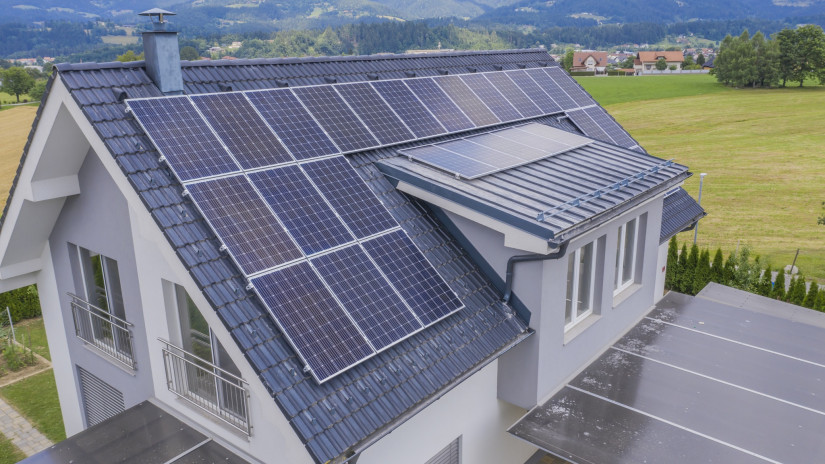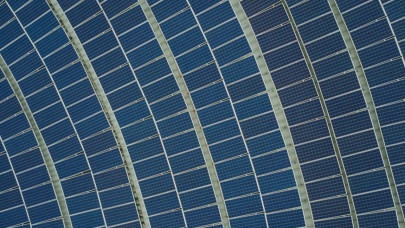"The rising energy bills are significantly impacting Romanian budgets. Customers are telling us they are paying more not only due to higher energy prices but also increased consumption to cool homes during the heatwave. The rising temperatures and climatic instability have prompted many Romanians to reconsider how they source energy for their households. Energy independence is no longer just a futuristic concept but an urgent necessity that more people are adopting to ensure comfort and safety at home. Consequently, the demand for solar panels has tripled, with investments ranging from 3,000 to 15,000 euros for photovoltaic systems," says Albert Soare, founder of Kilowat.
Previously, most Romanians installed 5 kW photovoltaic systems, but this year there has been a growing demand for 7-10 kW systems and air-water heat pumps for summer cooling. The highest number of installations occurred in Bucharest, Ilfov, Cluj, Constanța, and Sibiu counties, according to Kilowat data.
Given the wide range of electrical appliances used in Romanian homes, it is advisable to consider both purchase and operating costs when investing in energy independence. While cheaper solar panels and systems have low initial costs, their high long-term energy consumption can make them more expensive than better-quality products with higher upfront costs.
"Currently, consumers experience a disconnect regarding energy prices. The lack of price differentiation by hourly intervals prevents national energy efficiency efforts and denies consumers the benefits of adapting their consumption habits to the real market situation. For instance, during hot days when energy is cheap at lunchtime, it would benefit the national energy system if consumption increased. However, people use air conditioners sparingly because the price remains the same. If prices reflected the stock exchange rates, everyone could use their air conditioners and enjoy comfort at no extra cost," explains Albert Soare.
To achieve energy independence, a 70%-90% reduction in bills should be targeted through home energy efficiency. This involves optimizing current consumption, improving insulation, and upgrading the thermal system, such as using a heat pump, the most efficient current system. Additionally, having an in-house energy source, like a photovoltaic plant with an energy storage system, ensures comfort and safety. Automation is essential to ensure all components work harmoniously, enhancing overall performance.
Romanians living in apartment blocks have fewer options for energy independence. They can install heat pumps and small-capacity plants with storage but cannot become prosumers yet. Kilowatt representatives hope that presuming from one location to another will soon be permitted, allowing apartment residents to form prosumer communities and install photovoltaic plants on buildings, attributing the produced energy to consumption sites.
Romania faces high energy prices, at 69 euros/MWh, compared to Spain and Portugal, where prices can be as low as 1 euro/MWh due to significant investments in green energy. Through smart investments in green infrastructure and innovative technologies, Romania can reduce its reliance on traditional, expensive, and polluting energy sources.
Romania has the capacity and resources to transition rapidly to renewable energy. It could become a 100% green country within five years, potentially surpassing Spain or Portugal in green energy production, according to Kilowat representatives.














